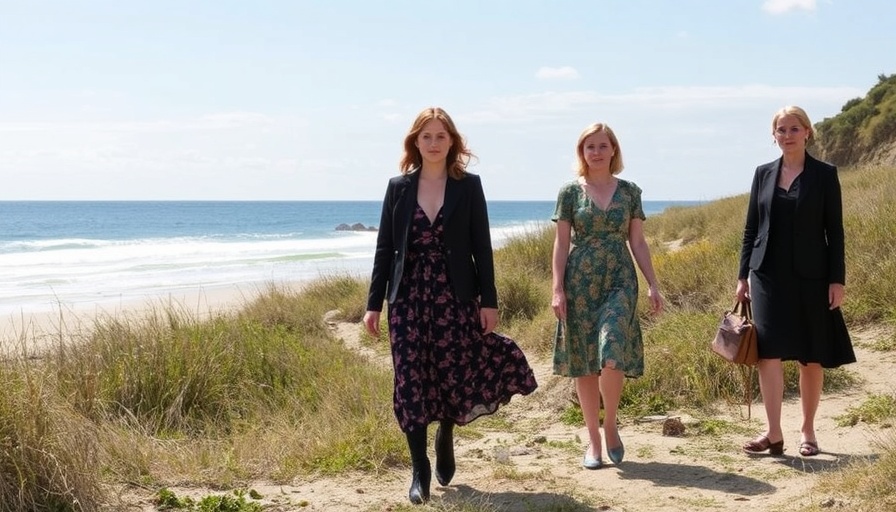
A Tragic Turn in Political Discourse
The recent assassination of rightwing activist Charlie Kirk has sent shockwaves through the nation, leading to an outpouring of grief and concern from various corners of American society. Late-night hosts, including Seth Meyers and Jimmy Kimmel, have addressed this act of violence, emphasizing the broader implications of political brutality in contemporary America. Meyers, in particular, highlighted the grotesque nature of this tragedy and insisted that mourning should transcend political ideologies.
The Plague of Gun Violence
In his poignant remarks on the subject, Seth Meyers condemned the pervasive gun violence in America, labeling it a 'plague.' He noted that the nation has seen over 300 mass shootings and 47 school shootings just this year, emphasizing that such violence poses a serious threat to public safety and democracy. These sentiments resonate amid a backdrop of increasing incidents that threaten the fabric of social interactions in the U.S., making it harder for communities to engage in healthy discourse.
Historical Context: A Legacy of Political Violence
The assassination of Kirk isn't an isolated incident but part of a disturbing trend of political violence in the United States. Historical events, from the assassination of prominent political figures to modern-day attacks on public officials, echo a troubling narrative of escalating threats. The Capitol attack on January 6, 2021, served as a catastrophic reminder of how deep-seated ideological divides can devolve into violence. In the words of Meyers, this cycle of violence must end to uphold the ideals of democracy.
Modern Consequences and Social Responsibility
The societal implications of this wave of political violence extend beyond immediate responses to individual tragedies. As violence fuels further division, it fosters an environment of fear, stifling open dialogue and compromise, which are integral to America's democratic foundation. Late-night television, with its wide-reaching influence, has become a crucial platform for dialogue and reflection, urging society to reconsider its approach to political engagement.
Public Outcry and the Role of Dialogue
The commentators' responses highlight a growing sentiment among Americans—many are calling for a return to a more civil, respectful form of political discourse. As Kimmel noted, the political landscape is fraught with vitriol, making it imperative that citizens stand against hate-fueled responses to tragedies. The call for reasonable gun safety laws echoes the urgent need for societal change, reminding citizens that their voices matter and can lead to substantial change.
The Way Forward: Advocacy and Action
As we reflect on the weight of Meyers' and Kimmel's messages, it becomes evident that advocacy for dialogue, understanding, and respect in discourse is paramount. Citizens can take action by engaging in meaningful discussions and demanding change from their representatives. Initiatives promoting gun safety legislation and programs aimed at increasing political tolerance can reinvigorate a sense of community—even among disparate ideological groups.
Conclusion: A Plea for Empathy
As we grapple with the complexities of political violence, it’s essential to foster empathy and understanding in our communities. The tragedy of Charlie Kirk’s assassination forces us to confront uncomfortable truths about the state of political discourse today. Emphasizing relationship-building over division can pave the way for a more respectful dialogue. It is time for all of us to step back, recommit to democratic ideals of respectful engagement, and denounce violence in all its forms.
 Add Row
Add Row  Add
Add 




Write A Comment